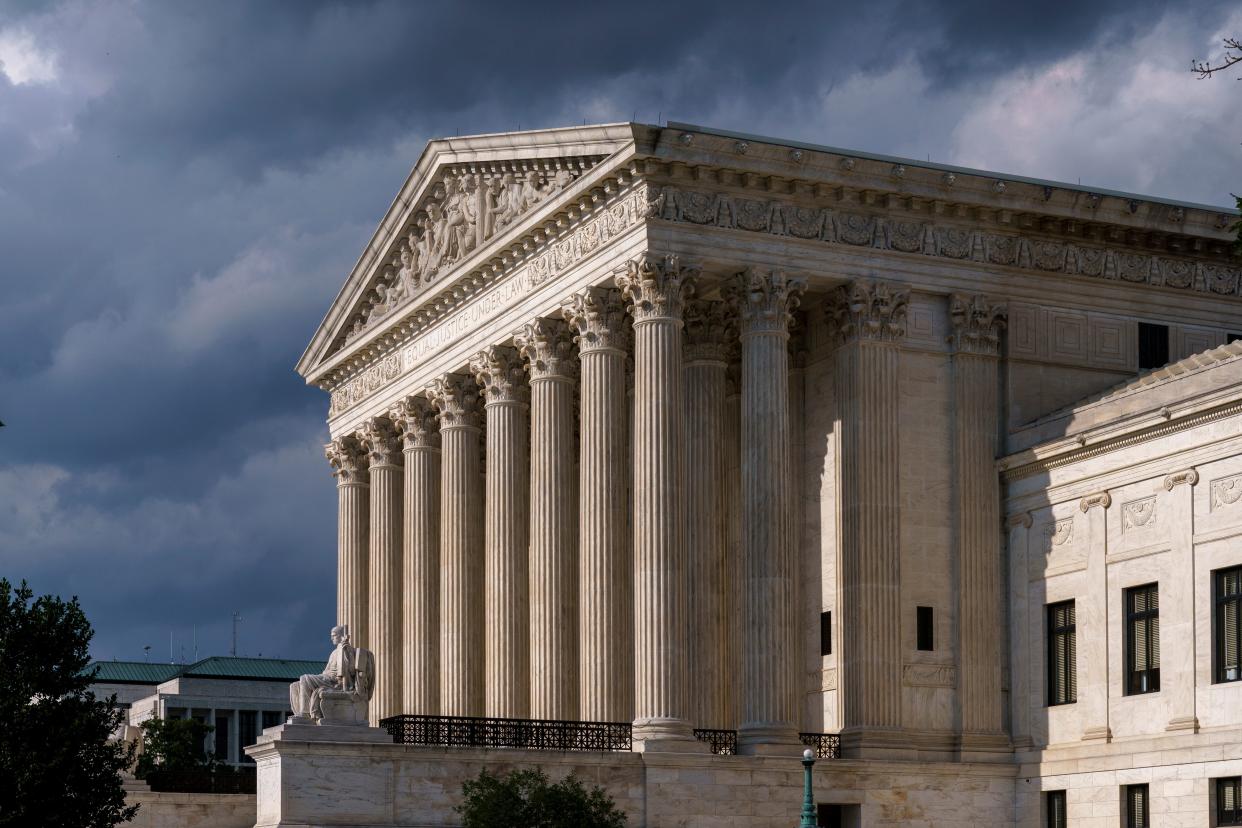Young voice: US prides itself on being unbiased. Can SCOTUS do the same?

The United States prides itself on being diverse and unique. Its government and ways of international diplomacy have inspired other countries to reform and change for the better. Its effort and commitment to freedom and economic prosperity are representative of the work ethic and motivation its people have. Our Constitution is distinctive among democracy and shines as the epitome of equal, inalienable rights to all of America’s citizens and residents. While rarely do our citizens agree to a solution close to unanimously, we still achieve a generally positive reputation from other polities for our efforts to remain unbiased and impartial to one’s beliefs and opinions.
The Supreme Court highlights our system of justice and makes it distinct compared to foreign nations. As the highest legal court of the land, the Founding Fathers believed that the court would become the solid backbone of what is now known as the judicial system. The Supreme Court’s main goal is to fill in as the peacemaker of both the legislative and executive branches, ensuring neither side extends its powers beyond its legal capacities. Judges get selected by the president and approved by the Senate after going through heavy, relentless questioning. Once authorized, each judge receives a life sentence once they are accepted. The objective of this entire process is to essentially create an independent judicial court that does not give in to the politically partisan pressures of the modern world. While this utopian idea is certainly impossible to reach, a court that is as politically unbiased as possible is what our country should strive for.
More from Alex Kim:Congress' inaction on gun violence shows they've forgotten Jefferson's mantra
On June 23, just hours before Roe v. Wade was effectively struck down, Gallup Poll released statistics regarding the public’s confidence in the court. Respondents were asked to measure personal confidence in the court by aligning their opinions with one of three choices: A great deal/quite a lot of confidence, some confidence, and little confidence. The results saw an 11-point drop in high confidence (36% to 25%), the most significant annual negative swing since the Gallup Poll induction nearly 40 years ago. The 75% moderate-to-low confidence rating was a record high, as well.
Irving R Kaufman, a former judge for the Southern District Court of New York, once stated that “The Supreme Court’s only armor is the cloak of public trust.” By technical means, he isn’t wrong.
In significant cases such as West Virginia v. EPA and Roe v. Wade,the court’s vote results often end up as 6-3, usually in conservative favor. In the case of West Virginia v. EPA, environmentalists call the judgment a major blow to climate change activism. In cases such as Carson v. Makin and another featuring a Washington high school football coach leading Christian prayers at games, the court has eradicated the separation of church and state and has virtually struck down the precedent of Lemon v. Kurtzman. In the Carson v. Makin decision, the “conservative majority” allowed taxpayer money to be allocated to religious schools and institutions in rural Maine instead of public schools, violating the ground rules of the Lemon Test.
More from Alex Kim:We’re all drowning in national debt. Will we act to keep US from going under?
The Supreme Court is the guardian of the document that our country considers the foundation of our government and sovereignty. While it may be impossible to completely end partisan influences, the justices must do what is best not just for their own respective beliefs, but for the well-being of the United States. In 2017, the Pew Research Center stated that “about three-quarters (74%) of Republicans and Republican-leaning independents say [the Supreme Court] should base its rulings on its understanding of the Constitution’s original meaning.” Yet, in some circumstances such as the separation of church and state (which is written in the first clause in the Bill of Rights), the “conservative” justices decide to alter their original intentions and make an exception to their job. Regardless of political alignment, personal opinions, and emotions, the nine judges sitting on the court must uphold the law by referring to the Constitution that brands to them most frequently.

Alex Seojoon Kim is a high school sophomore living in Stillwater.
This article originally appeared on Oklahoman: The US prides itself on being unbiased. Can SCOTUS do the same?

